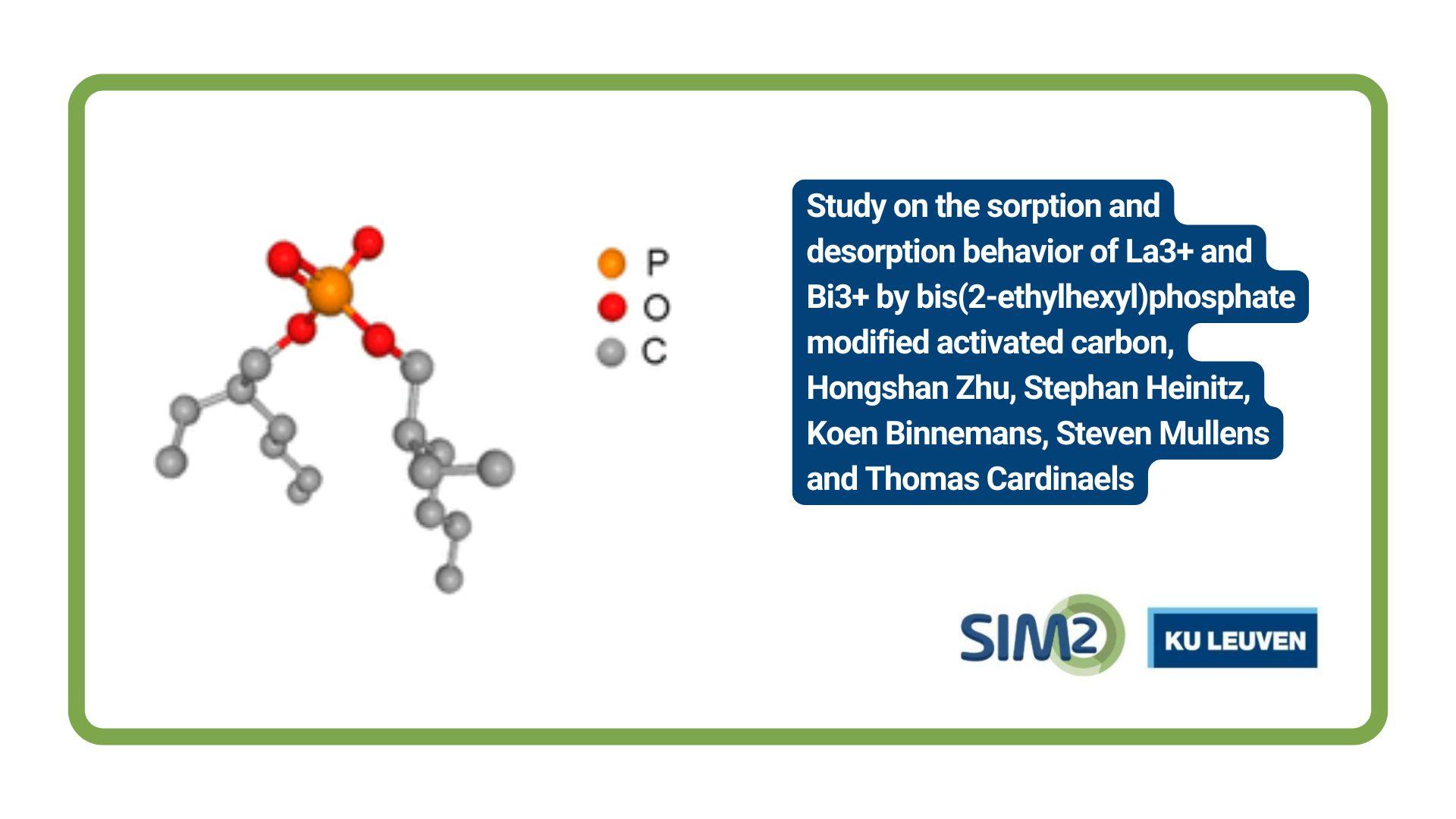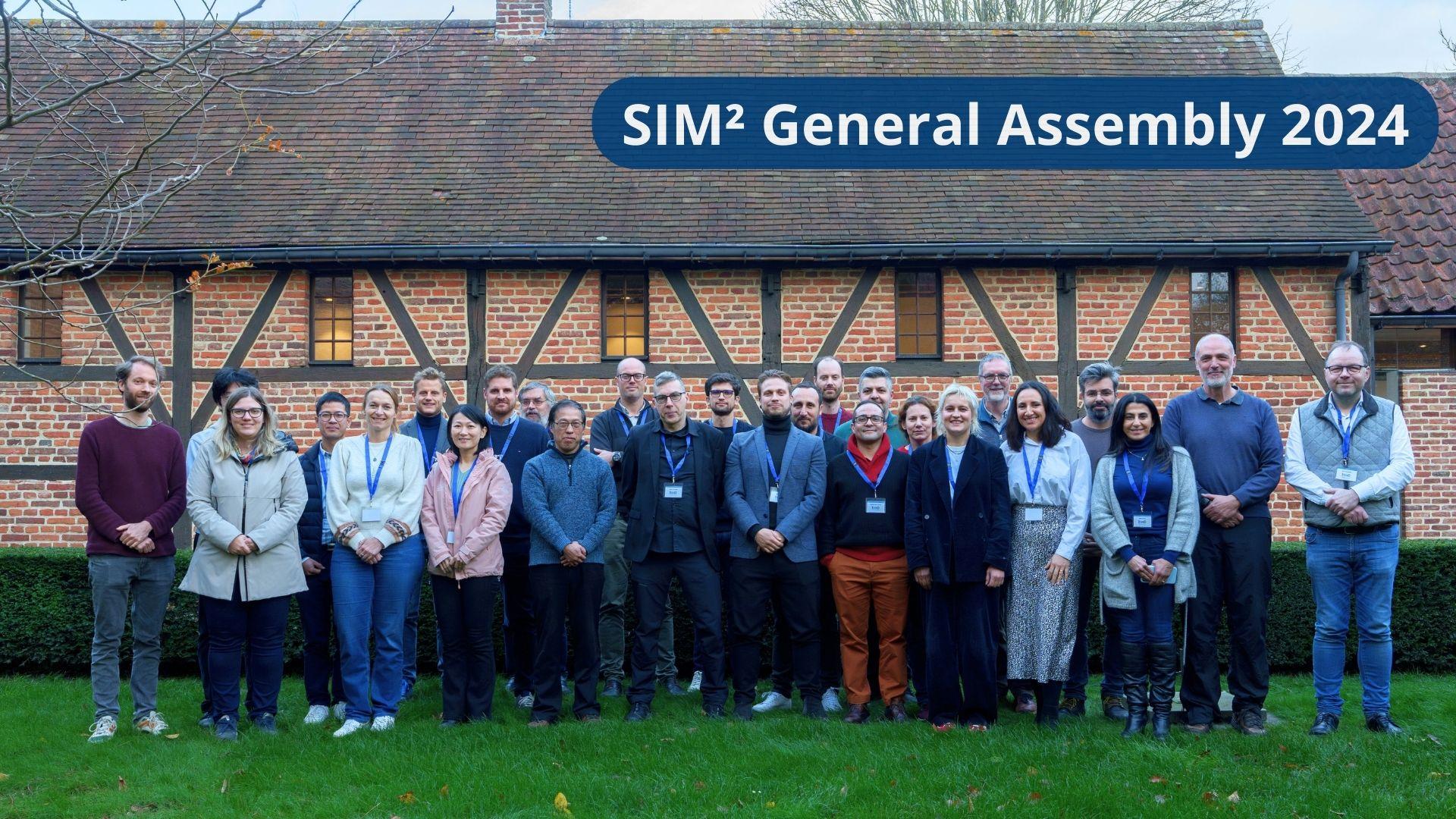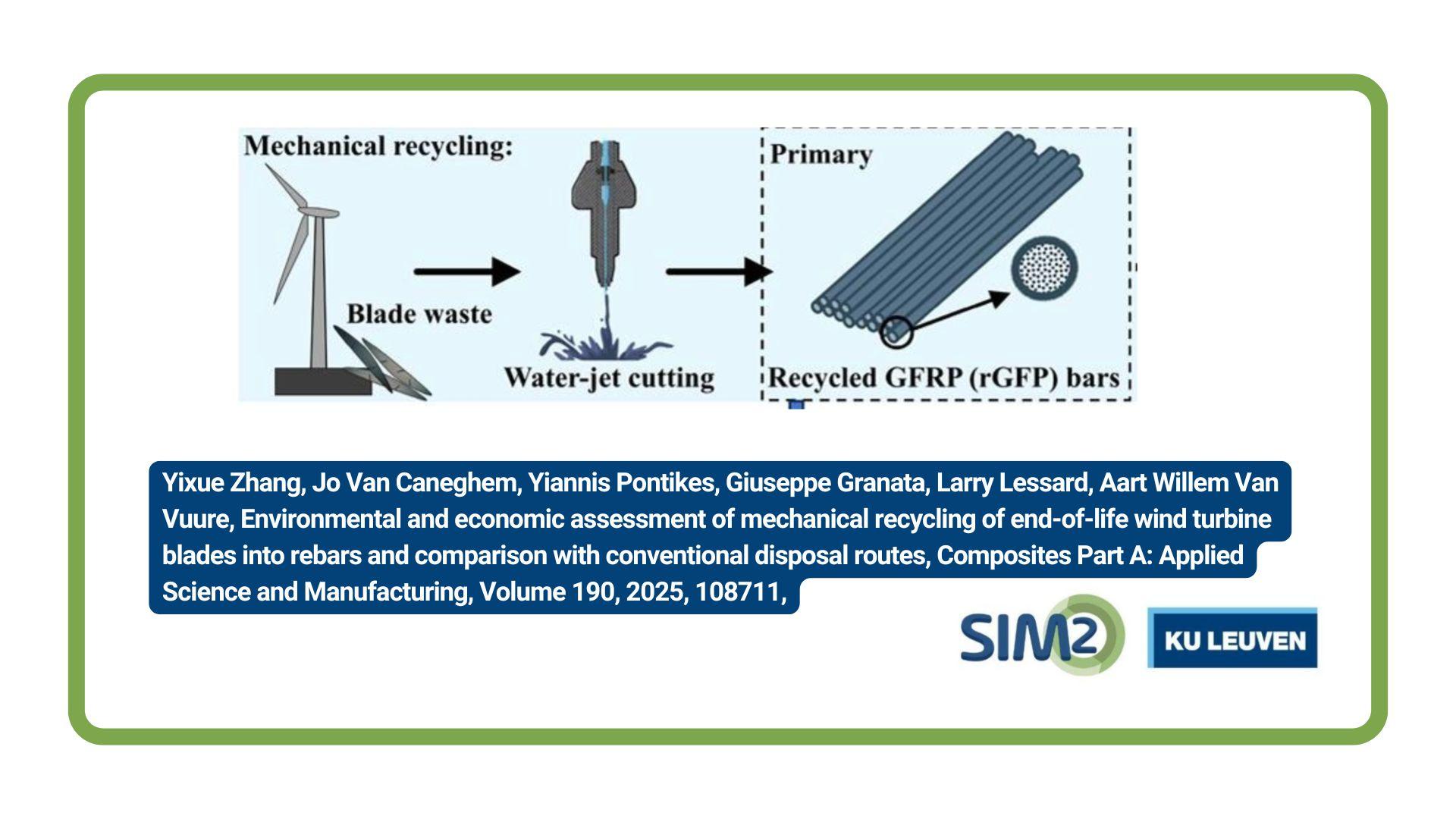The Social Licence to Operate (SLO) has emerged as a leading concept to assess the legitimacy of extractive operations. Researchers from Wageningen University and SIM² KU Leuven reviewed the most recent SLO-literature and concluded that the way how SLO is conceptualised and often implemented in practice, does little to enhance the legitimacy of resource extraction.
The ‘Social License to Operate’ (SLO) generally refers to the informal acceptance or approval by local communities and other stakeholders of an industrial activity (e.g. Boutilier & Thomson, 2011). The SLO concept was initially employed as a metaphor to indicate that, apart from the legal licenses, the social acceptance of mining (or of any kind of industrial activity) is as important.
Attention for SLO increased following the worldwide trend of stronger and more empowered civil society actors. Many companies adopted the SLO discourse hoping that it would improve company-community relations, moderate possible tensions and reduce corporate risks.
SLO literature reviewed
Meesters and colleagues have now reviewed the recent literature on SLO to analyse whether the SLO concept results in an enhanced legitimacy of industrial activities. Overall, they found that the SLO tends to implicitly foreground economic, governmental and corporate interests over empowering local stakeholders and other non-corporate actors.
More specifically, the authors point to three limitations of the engagement of stakeholders. First, companies tend to limit the stakeholders to communities who live nearby the operations (e.g. Harvey & Bice, 2014) and especially to vocal and organised groups, while non-residents or opponents are excluded or even criminalised (e.g. Owen, 2016).
Second, stakeholder engagement is often limited to and focused on the purpose of continuing extractive operations without disruptions or substantial alterations (e.g. Parsons, 2014). There seems little space for the questions, concerns and propositions of stakeholders (often perceived as opposing the activity), which – if taken seriously – may require substantial alterations to industry plans.
Third, the scope of the SLO activities is limited as they focus mostly on local and social impacts, discarding environmental and global considerations (e.g. Pedro et al., 2017). Little consideration is given within the SLO to long-term environmental and climatological impacts during and beyond the lifetime of the industrial activity, despite the intimate connections between environmental impacts and social acceptance.
.jpg)
Credits image: World's largest open pit iron ore mine near the town of Gubkin, Russia (Photo: Timofeev Vladimir)
A way forward
The article offers ways forward for the SLO to enhance legitimacy for industrial practices. The authors see governmental intervention as a prerequisite, particularly to install mechanisms for open-ended engagement approaches that facilitate a balanced set of worldviews and values.
Connecting the SLO to discussions about the desirability of extracted resources can further prevent cancelling knowledges or values that deviate from dominant development norms. This implies connecting the SLO with broadly supported international sustainability targets, such as the Sustainable Development Goals and the Paris Agreement.
Full Reference
Meesters, M., Wostyn, P., van Leeuwen, J., Behagel, J. H., & Turnhout, E. (2021). The Social Licence to Operate and the legitimacy of resource extraction. Current Opinion in Environmental Sustainability, 49, 7–11. https://doi.org/10.1016/j.cosust.2020.11.002
Acknowledgements
The research leading to this publication has received funding from the European Union’s EU Framework Programme for Research and Innovation Horizon 2020 under Grant Agreement No 776846 (NEMO – https://h2020-nemo.eu ), GA No 776473 (CROCODILE – https://h2020-crocodile.eu/ ) and GA No 821159 (TARANTULA – https://h2020-tarantula.eu/ ).
Disclaimer. The views expressed in this article are the views of the authors and may not, under any circumstances, be interpreted as stating an official position of the NEMO, CROCODILE and TARANTULA consortia.





